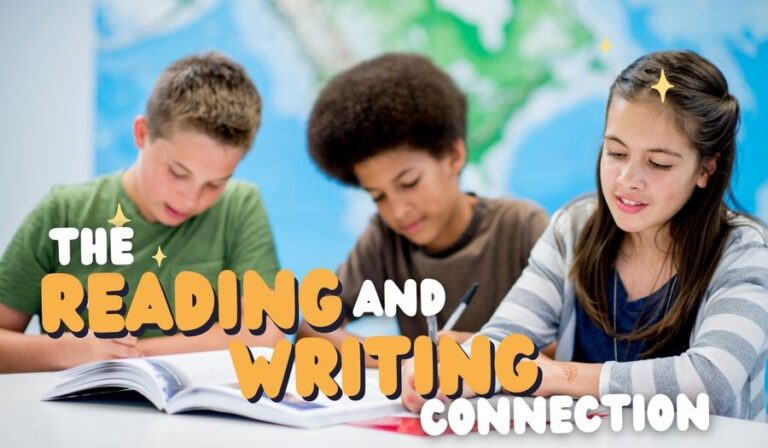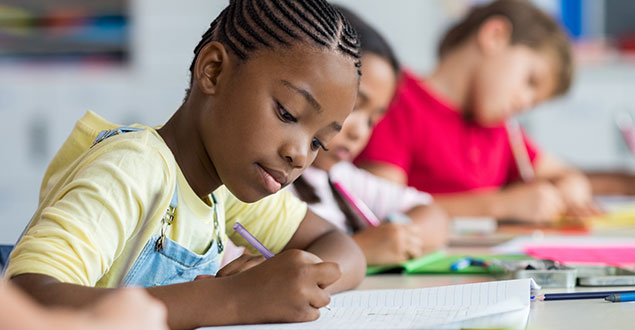The Link Between Writing and Critical Thinking in Teens
It is important for teenagers to develop critical thinking skills as they navigate the complex and rapidly changing world around them. Teens should be encouraged to ask questions, challenge assumptions, and seek evidence to support their beliefs. Media literacy should be taught across the curriculum to teach students to critically evaluate information they find online and in the media. This can help them learn to identify bias and false information. As students reflect on their thoughts, feelings, and actions, they develop the ability to analyze their own thoughts and behaviors, and make decisions based on evidence.
Writing helps to develop these skills as it requires analyzing, synthesizing and evaluating information, formulating arguments and presenting them logically. Writing can also serve as a tool for reflection and clarification of thoughts and ideas. The process of writing can encourage critical thinking as it requires the writer to examine their assumptions, evaluate evidence, and make connections between concepts. Additionally, writing allows one to organize thoughts and ideas in a structured manner and communicate them effectively to others. Receiving feedback on writing and incorporating constructive criticism can further improve critical thinking skills.
Students can improve critical thinking skills by regularly practicing analysis, evaluation, and synthesis of information.
Here are some writing activities that can help develop critical thinking skills:
- Argumentative writing: Write a persuasive essay or debate where you present an argument for or against a specific topic, such as a controversial issue.
- Review writing: Write a review of a book, film, or play, analyzing the strengths and weaknesses and evaluating the overall quality of the work.
- Reflective writing: Write a journal entry or essay reflecting on a personal experience, analyzing what happened and why, and considering what you learned from it.
- Compare and contrast writing: Write an essay that compares and contrasts two or more things, such as two books, two theories, or two historical events.
- Problem-solution writing: Write an essay that identifies a problem and offers solutions, analyzing the pros and cons of each solution and evaluating which is the best option.
- Analytical writing: Write an essay that analyzes a text, event, or issue, breaking it down into its component parts and evaluating each one.







